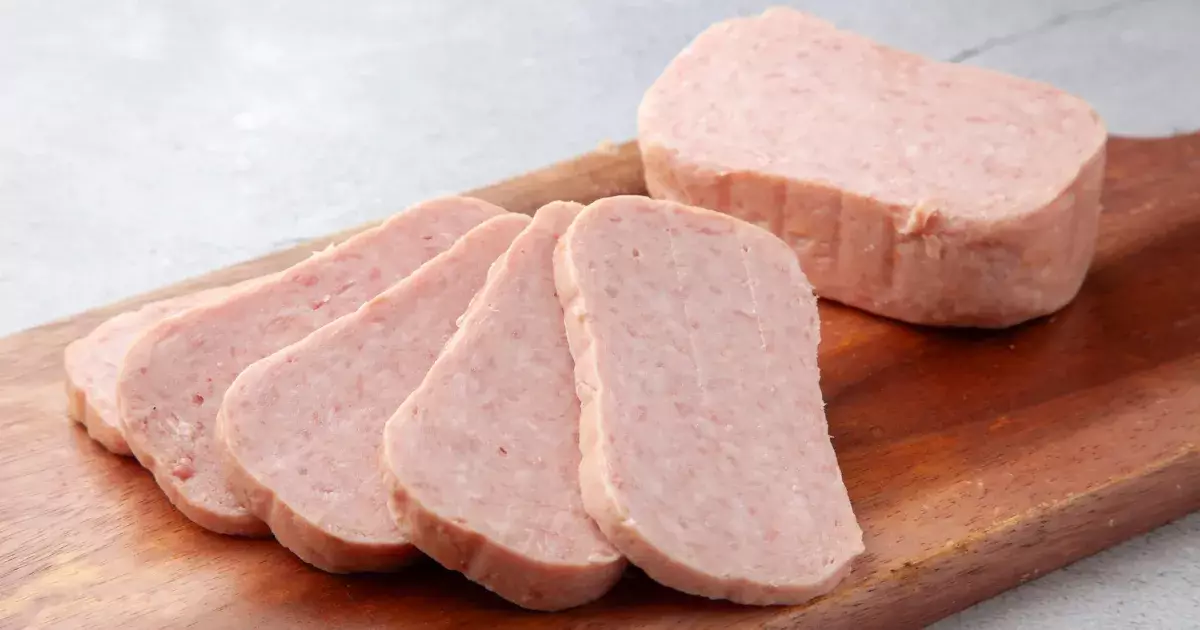When it comes to feeding our furry companions, it’s crucial to consider not just what foods are appealing but also what is safe. One common question pet owners ask is whether their dogs can enjoy a bite of Spam. The short answer is a resounding no. Spam, while a convenient food option for humans, poses serious health risks for dogs. This processed meat product is predominantly made from pork, which might not be toxic per se, but it is drenched in additives and preservatives that are anything but beneficial for your canine friend.
Spam is notorious for its staggering sodium and fat content. High sodium levels can lead not only to acute dehydration but can also spur chronic health issues such as heart diseases and hypertension in dogs. Indeed, the threat of salt poisoning is very real, especially if a pet manages to consume a significant amount of this processed meat.
Processed Meat: A Risky Choice
One of the fundamental issues with Spam is its classification as a processed meat. In fact, processed meats are often detrimental to pet health because they contain various preservatives and chemicals that can accumulate harmful effects over time. Ingredients like nitrates and artificial flavorings can contribute to long-term health problems, and it’s vital for dog owners to become more discerning about their pets’ diets.
Not only does the high-fat content in Spam lead to weight-related issues, including obesity, it also raises the risk of pancreatitis, a serious inflammatory condition that can require hospitalization. Obesity in dogs is not just a cosmetic concern; it often leads to a cascade of secondary health issues, compounding the risks and costs associated with dog ownership.
What to Do If Your Dog Eats Spam
If your dog happens to snag a piece of Spam, your initial response should be measured. The first step is to determine how much has been consumed. A tiny nibble is unlikely to cause any significant issues, but overeating poses a serious threat. In situations where your dog has consumed a considerable amount, do not hesitate to contact your veterinarian for professional advice. They will likely ask about your pet’s weight and any symptoms they might be displaying.
Watch for signs of distress such as vomiting, abdominal pain, or diarrhea. These signals can indicate that your dog is experiencing an adverse reaction, and timely intervention may be necessary. The stakes are high; while not all dogs will exhibit dangerous symptoms after consuming Spam, the potential for serious health risks makes it a gamble no responsible pet owner should take.
Ultimately, our pets depend on us to make informed choices on their behalf. Filling their bowls with wholesome, nutritionally balanced foods ensures they lead healthy, happy lives. Instead of reaching for convenient processed foods like Spam, prioritize natural, unprocessed options that promote your dog’s wellbeing. Making smarter food choices isn’t just good for your pet; it’s an essential part of being a responsible and caring dog owner.

